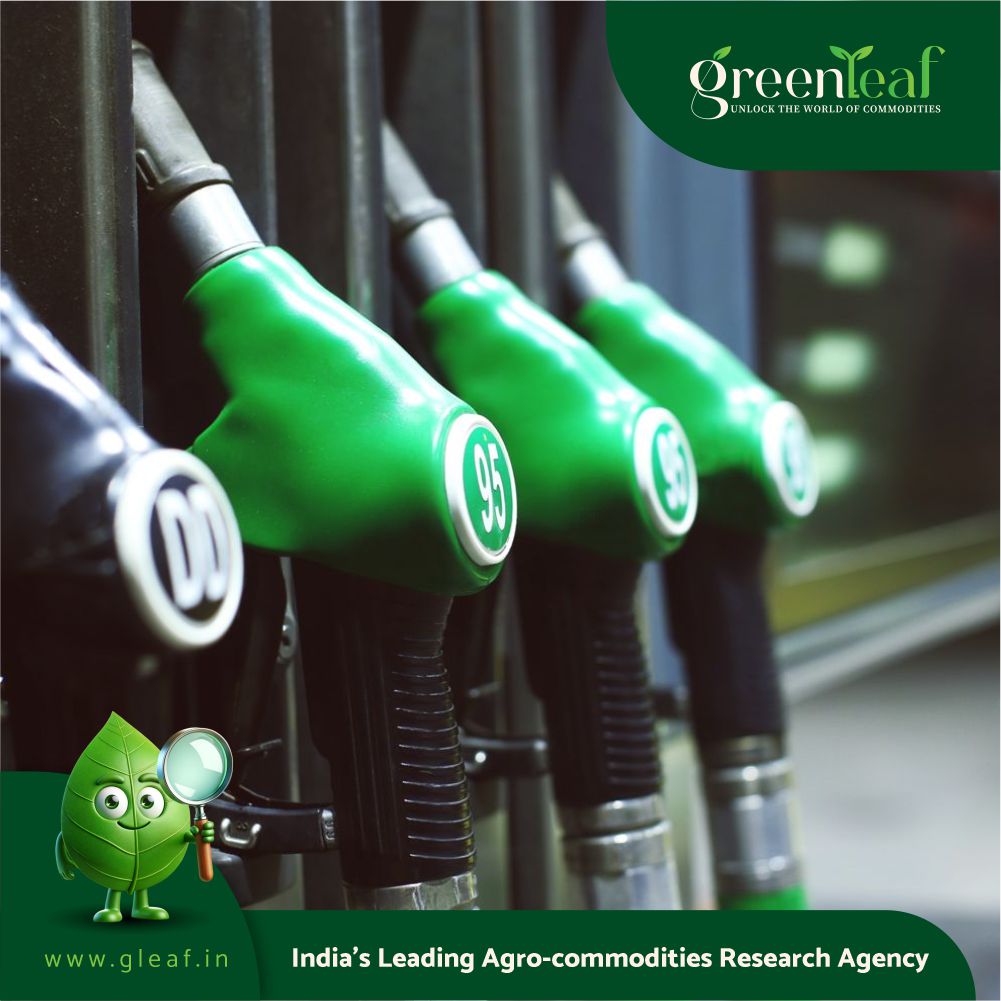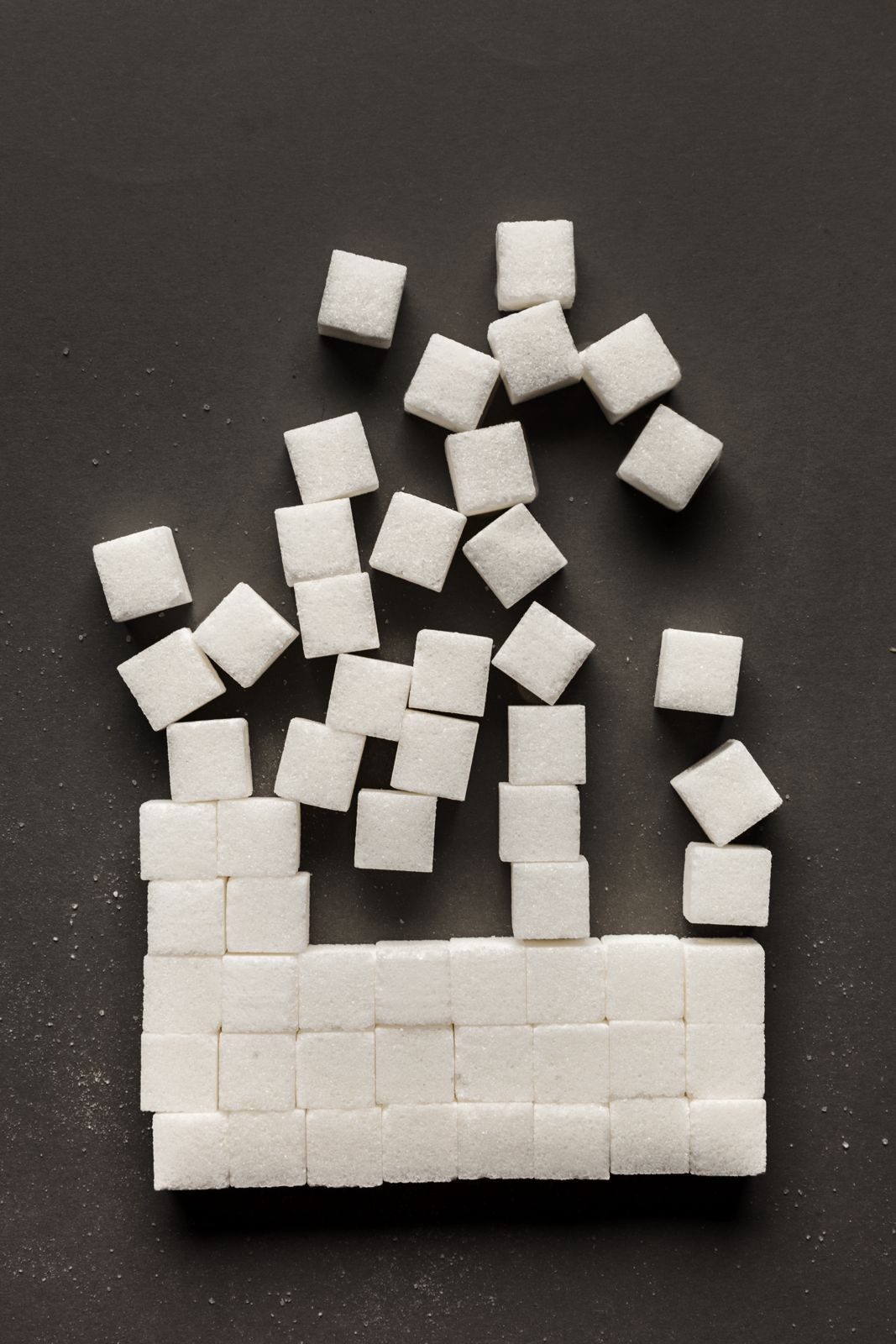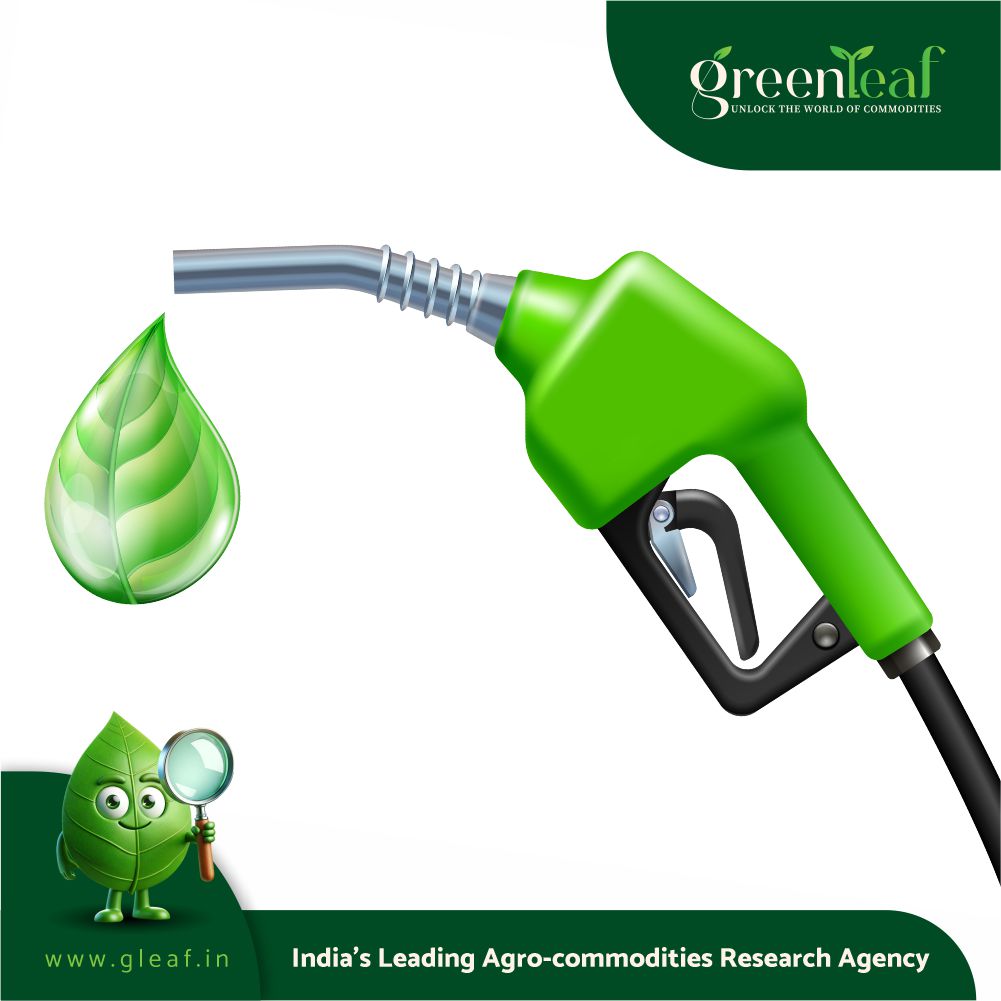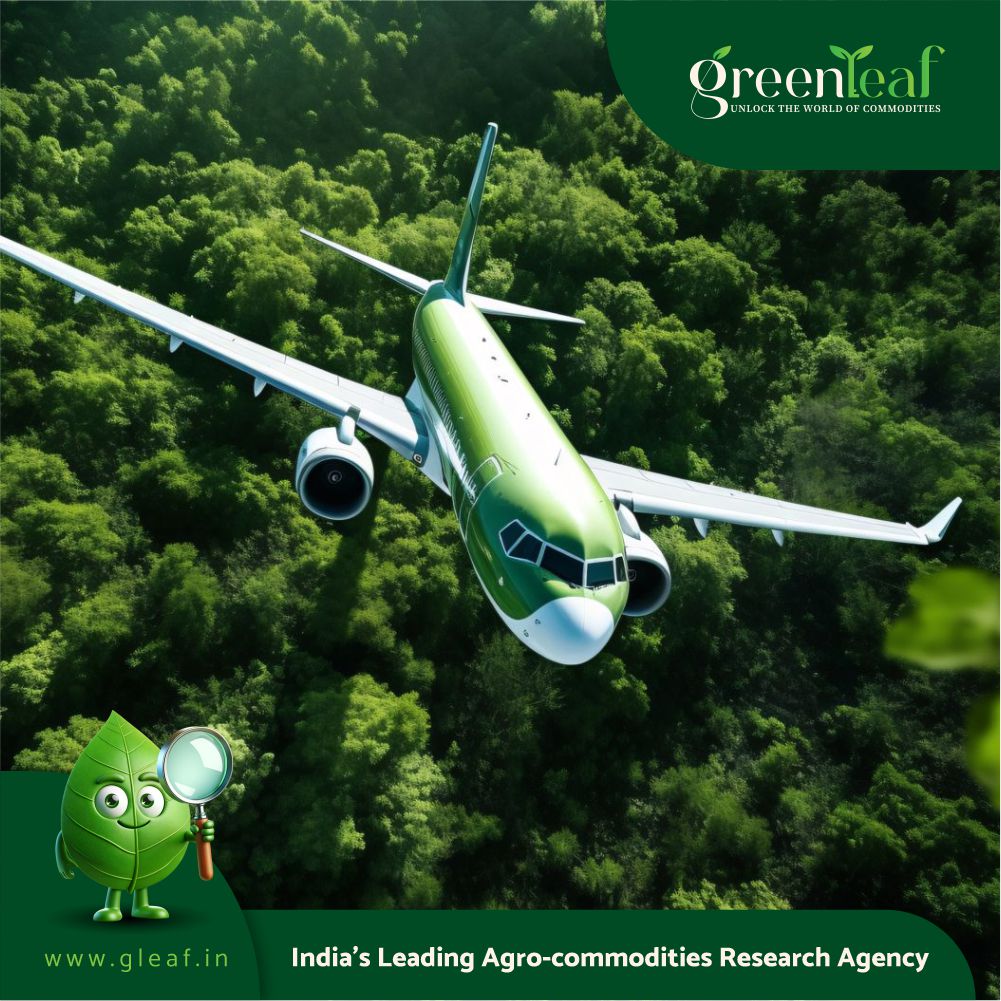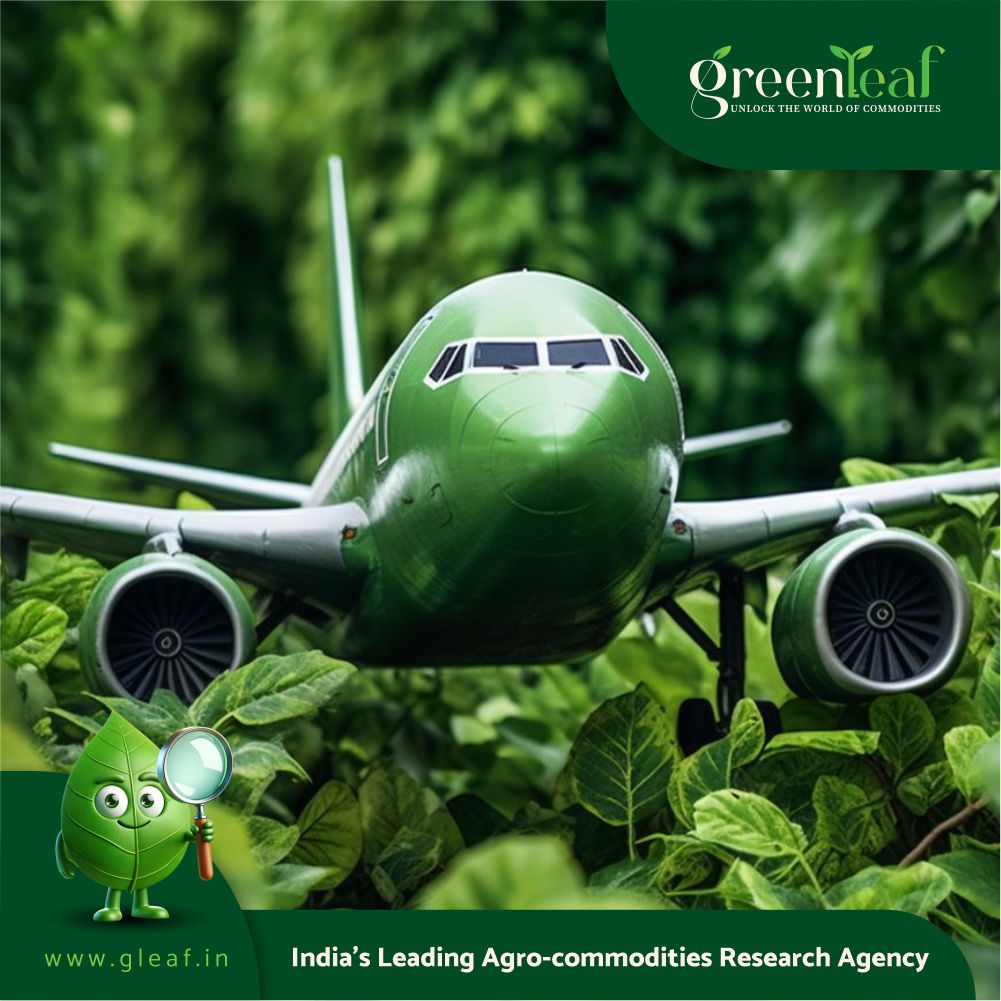Goalpara, Oct 12: The industrial zone of Mornoi in Goalpara district has come under increasing scrutiny due to environmental degradation linked to two ethanol-producing companies – Gulshan Polyols Ltd and Seas Biotech Pvt Ltd.
These industries, located in the Industrial Development Centre at Mornoi, previously faced allegations of releasing untreated or inadequately treated effluents into nearby ecosystems. They have continued to release effluents till date and have now been associated with another serious environmental issue – the indiscriminate roadside dumping of industrial waste, especially boiler ash and other residues, which has intensified pollution levels and created significant health and ecological concerns.
According to the president of the Sree Suryagiri Anchalor Pollution Birodhi Mancha (Anti-Pollution Forum of the Sree Suryagiri Region), Nani Kr Das, the specific affected area is Kodaldhuwa, where industrial waste, including black ash-like substances, is openly dumped on both sides of the road. The stretch from Sree Suryapahar has become polluted and dangerous. Such dumping not only damages the appearance of the region but also increases the risk of environmental contamination through rainwater runoff. The waste materials, which are by-products of coal or firewood-based boilers, are left exposed and uncontained, often in violation of environmental laws. These actions have impacted public spaces and sensitive areas, including schools, thereby placing pedestrians, schoolchildren, and residents at daily risk.
The anti-pollution forum has informed that the inadequately treated effluents and the runoff from these dumps have infiltrated into the surrounding agricultural land, leading to the degradation of soil health and crop failure. Farmers of the region have reported damage to economically important crops such as betel nut trees, resulting in financial losses. Water bodies like Padum Pukhuri, which are hydrologically linked to the Krishnai and Dudhnoi rivers, have also been contaminated. This pollution has led to a decline in aquatic biodiversity, with incidents of fish deaths and rising concerns over water safety for human use.
Nani Kr Das also said that one of the most alarming outcomes has been the disruption of elephant migration patterns through the Dahikota Reserve Forest, which forms part of the Bandarmatha Reserve and connects to major elephant corridors. Pollution in traditional watering points and habitat areas has forced elephant herds to avoid their usual routes, leading to increased human-elephant conflict in areas that were previously unaffected. These confrontations have resulted in injuries and fatalities on both sides, indicating the broader ecological implications of the pollution.
Local residents, including those at institutions like the Sainik School Goalpara, have reported serious health impacts. A formal letter issued by the school’s principal on 14-11-2024 noted the deterioration of air and water quality allegedly caused by the two industries. Complaints include respiratory ailments, waterborne diseases, and a general decline in health among students and staff. The foul smell emanating from the dumps and airborne pollutants have further degraded the quality of life in the region.
It may be mentioned that earlier investigations ordered by the then district commissioner, Khanindra Choudhury, confirmed multiple environmental violations, including non-compliance with the Zero Liquid Discharge (ZLD) standard. Officials found evidence of untreated effluents being released into stormwater drains and nearby fields. In response to growing pressure, the Assam Pollution Control Board (PCBA) recently issued a show-cause notice to the two industries, demanding explanations within 15 days. The replies to the notice, if any, have not been revealed by the PCBA, Guwahati.
Environmental activists and the Anti-Pollution Forum of the Sree Suryagiri Region said that these infractions fall under the purview of the Water (Prevention & Control of Pollution) Act, 1974. The PCBA has exercised its authority under Section 33(A) of the Act, which allows for the issuance of directives to prevent environmental damage. The affected industries may also face additional penalties under guidelines from the National Green Tribunal (NGT), which includes environmental compensation and mandatory restoration.
The anti-pollution forum and local people have highlighted the threat to local biodiversity and wildlife corridors, and initiated mobilisation of the local community to demand stricter regulatory enforcement, and contemplating legal action to bring the issue before the NGT.
The forum futher demanded that the authorities must enforce a strict ban on roadside dumping and hold violators accountable. Industries must be required to install and maintain functional effluent treatment plants and fully comply with the ZLD policy. Furthermore, community awareness campaigns should be launched to curb negligent disposal practices, and regular environmental audits must be institutionalised to monitor compliance. Restoration of damaged ecosystems, including Padum Pukhuri and elephant corridors, is essential for preventing further conflict and loss of biodiversity.
The anti-pollution forum has observed that the ongoing waste dumping by Gulshan Polyols Ltd and Seas Biotech Pvt Ltd has turned into a pressing environmental and public health emergency in Mornoi and its surrounding areas, including the Sainik School . The lack of effective enforcement has allowed these illegal practices to persist, risking long-term ecological damage and social harm.

